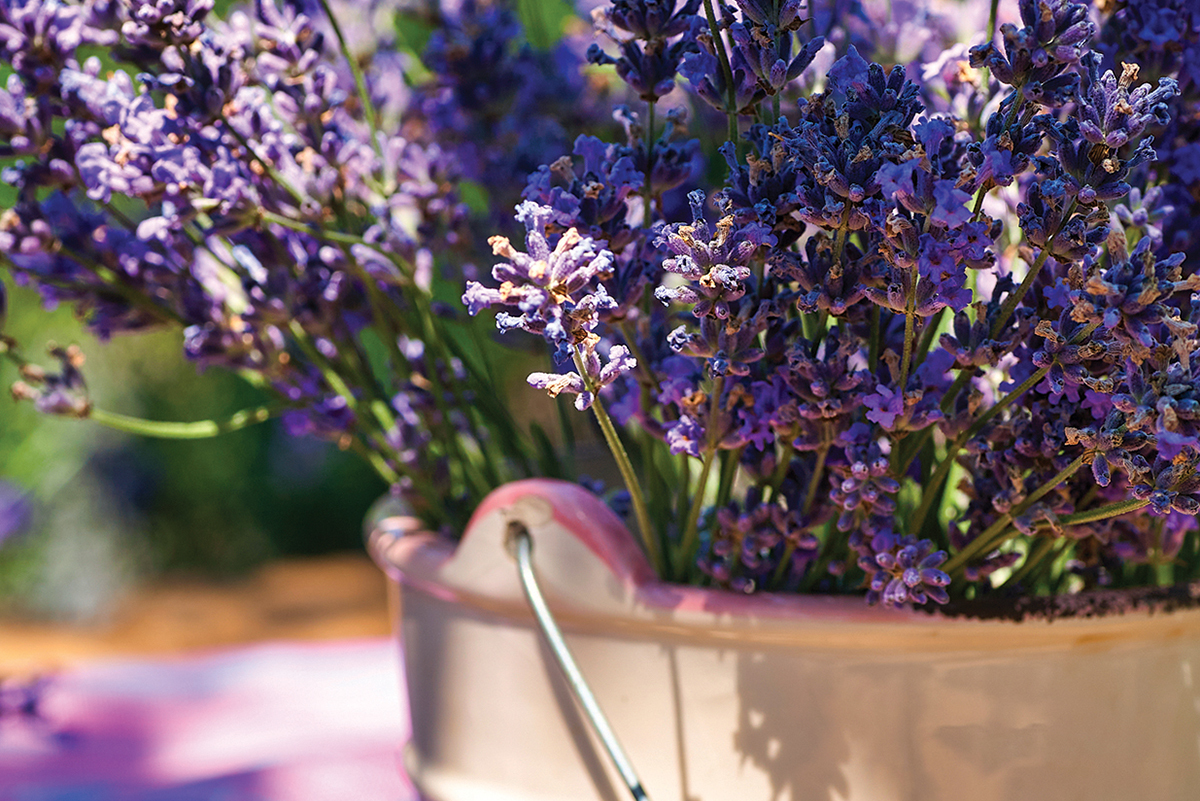Pesty Plants
Do Mosquito Repellent Plants Really Repel?

For gardeners, nothing is more delightful than time spent caring for and cultivating plants. But what can ruin this pastime more than a mosquito? Over the years, numerous articles have been written detailing various mosquito repellent plants that allow gardeners to get back to enjoying their yards again. Almost all of these plants, including citronella, mints, lemon balm, lavender, marigolds, petunias, basil, and lemongrass, are fragrant.
Since mosquitoes locate us by smell, it seems logical that a fragrant plant would impede their ability to find us, right? They can sniff out our carbon dioxide fumes from over 150 feet away, so perhaps this is why the concept of their repelling mosquitoes gained traction.
The Science Behind The Plant
There has been a substantial amount of scientific research applied to the theory that plants have the ability to repel mosquitoes. All of the research I read showed there is no significant difference in the number of mosquitoes landing on a human subject when plants are present versus not. This applies to all the plants just mentioned, including citronella. While on the surface, I’m sure this sounds surprising – but it can be better understood when you dig deeper. While a lavender plant smells delightful when you bend over to smell it, it does not fill the air around you with fragrance. Rather, plants release a significant amount of their fragrant oils only when crushed. It is this extract that contains the repellent properties, and only when the active ingredients within it are applied to the skin.
Homemade Mosquito Repellent
So, if mosquito repellent plants do not really exist, at least in their plant form, what about the option of homemade mosquito repellents? There are certainly plenty of recipes out there. Before we get to those, here a few important reminders:
– The effectiveness of homemade repellent wears off relatively quickly compared to DEET, so be prepared to reapply every few hours.
– For some, essential oils can trigger skin reactions, so always do a patch check on yourself, as well as kids, who can be more sensitive.
– Essential oils have a limited life, so it is best to store your homemade repellent in a dark-colored bottle and a dark, cool place.
Essential oils from lavender, rosemary, eucalyptus, lemongrass, and other “mosquito repellent plants” (AKA plant oils) can be combined with a carrier oil (olive, almond, and grapeseed are great ones) and witch hazel, along with ½ teaspoon of vodka, which acts as a preservative. It takes quite a bit to repel the mosquitoes, so be prepared to add about 100 drops of your plant oil to two tablespoons of your carrier oil. Herbal repellents work the same way, using essential oils from basil or rosemary to get the job done.
It is a good idea to visit the EPA website (EPA.gov) for more guidance on skin repellents. There you will find an excellent search tool for discovering the one that is right for you. And for you DIY
folks, try using the ingredients and recipes found within these articles: Healthline.Com’s “10 Natural Ingredients that Repel Mosquitoes” and HomemadeHints.Com’s “Natural Homemade Mosquito Repellent as Effective as DEET.”
Basically, there is truly no such thing as a mosquito repellent plant (but of course, you can still enjoy the beauty these plants provide to your garden – just don’t count on them to rid your yard of pesky pests). Instead, enjoy their fragrance via essential oils and make your own short-term mosquito repellent.
In previous articles, I discussed that we are actively participating in the EPA’s Pesticide Partnership Environmental Stewardship Program. As part of our local efforts, we have introduced new products that rely on similar ingredients derived from natural sources to rid yards of those darned mosquitoes. Leveraging only botanicals and essential oils, these products are proving to be extremely effective, and like synthetics, resilient to our North Carolina weather.
a final tip
Let me close with one quick and easy tip that you can do in your yard to reduce the mosquito population – eliminate stagnant water! It is important to remember that the number one source for mosquitoes is water. If you do not treat and manage the water in your yard, you will never garden alone. Just one teaspoon is enough water for mosquitoes to lay 200 to 300 eggs.
It takes three to five days for mosquito eggs to hatch. Just walking your yard and getting rid of any standing water within a day or two after it rains can go a long way in reducing the mosquito population in it. I realize that around here in the summertime, this can turn out to be a daily activity … but I think you’ll find the 15 minutes it might take well worth it!
Margarita Cohen
The owner of Mosquito Joe of Raleigh, Durham, and Chapel Hill, making "Outside Fun Again" with mosquito control treatments for residential and commercial customers. For more information or to schedule an appointment for treatment, call or visit their website.
- www.Raleigh-Durham-ChapelHill.MosquitoJoe.com
- 919-926-8851

